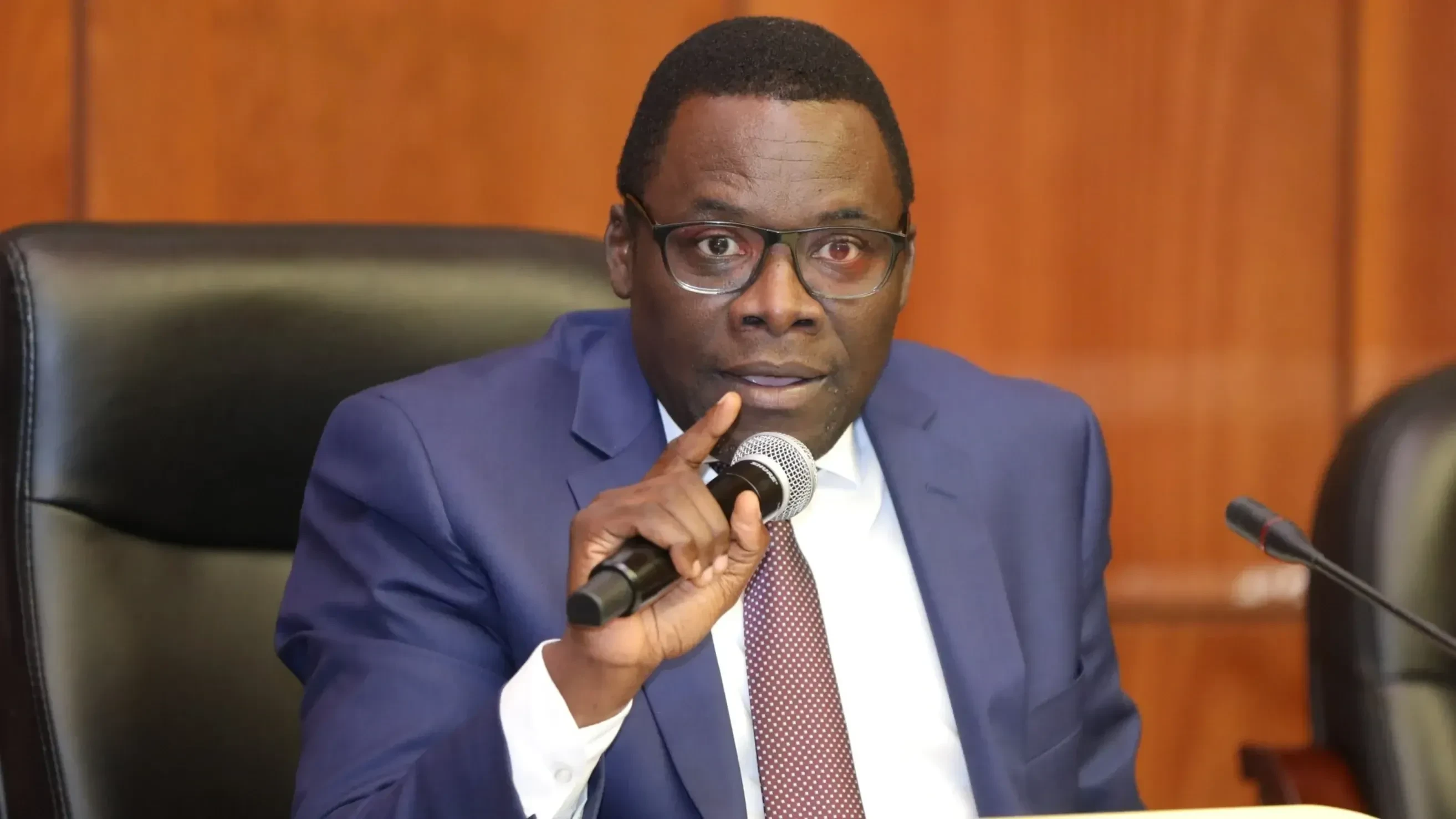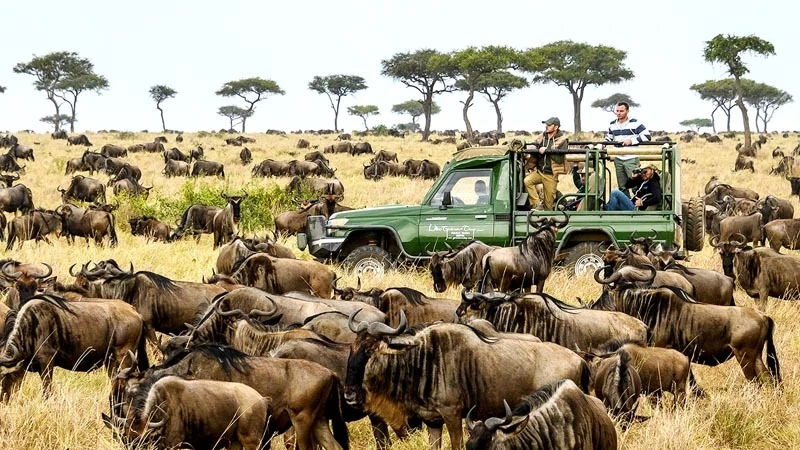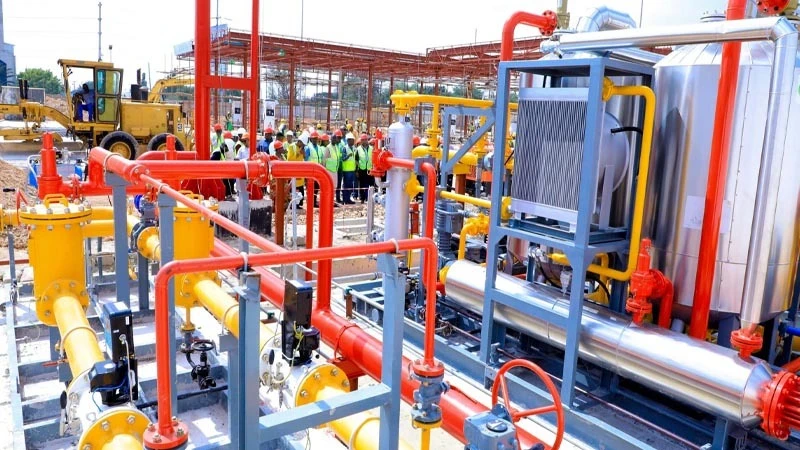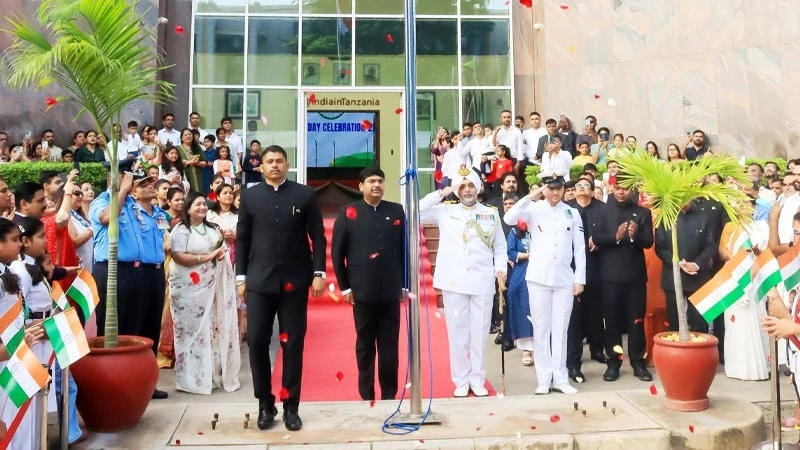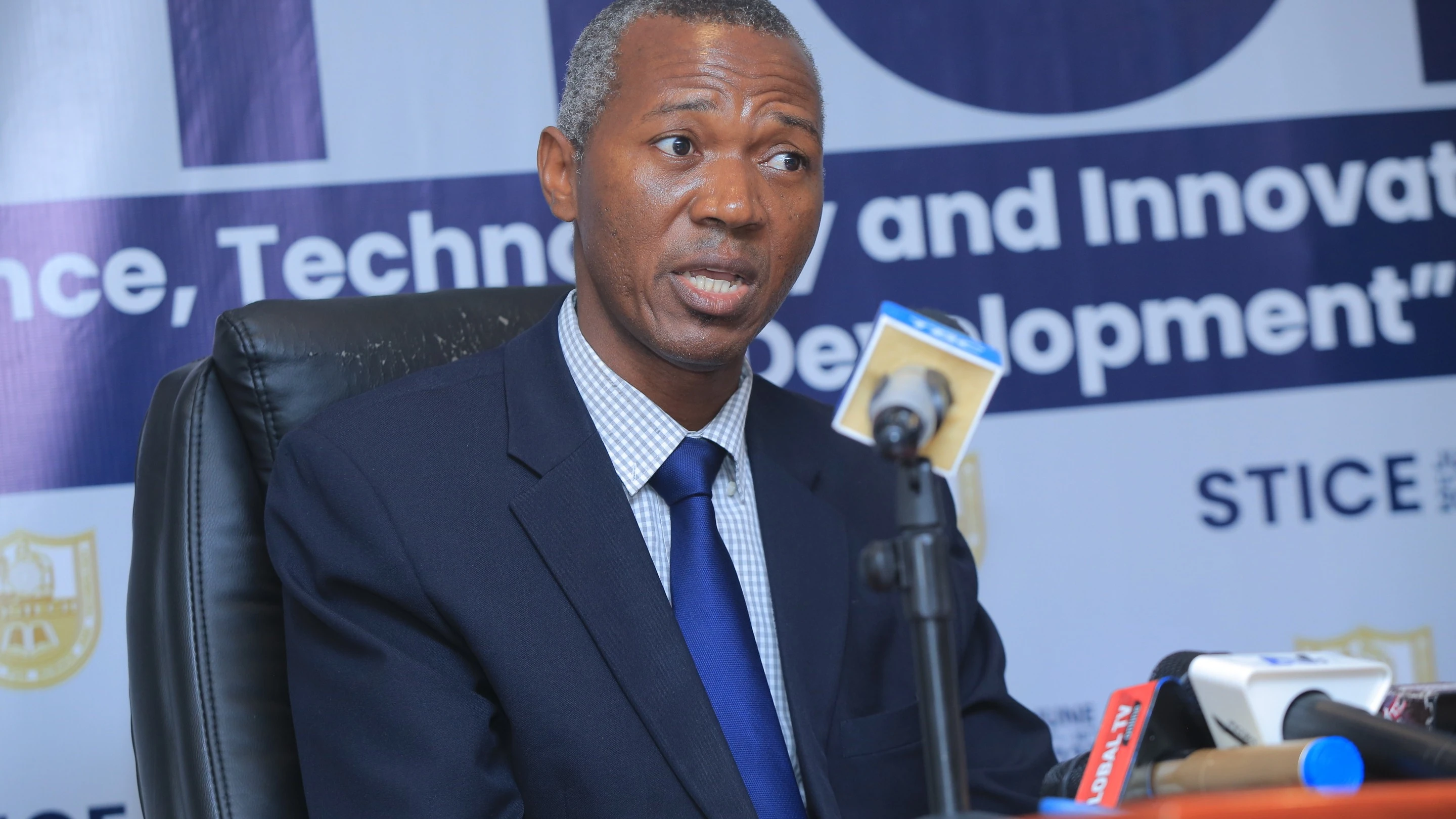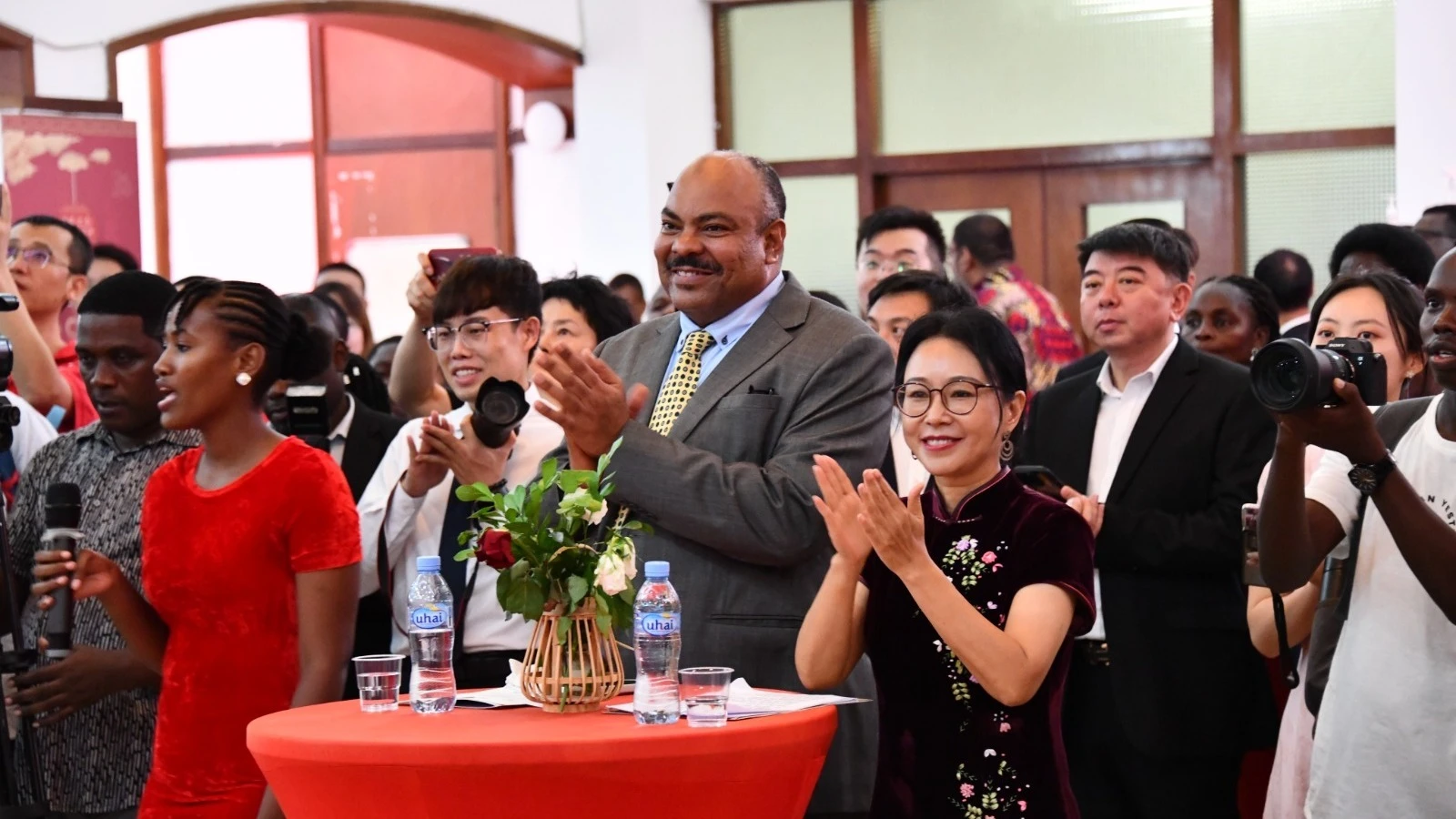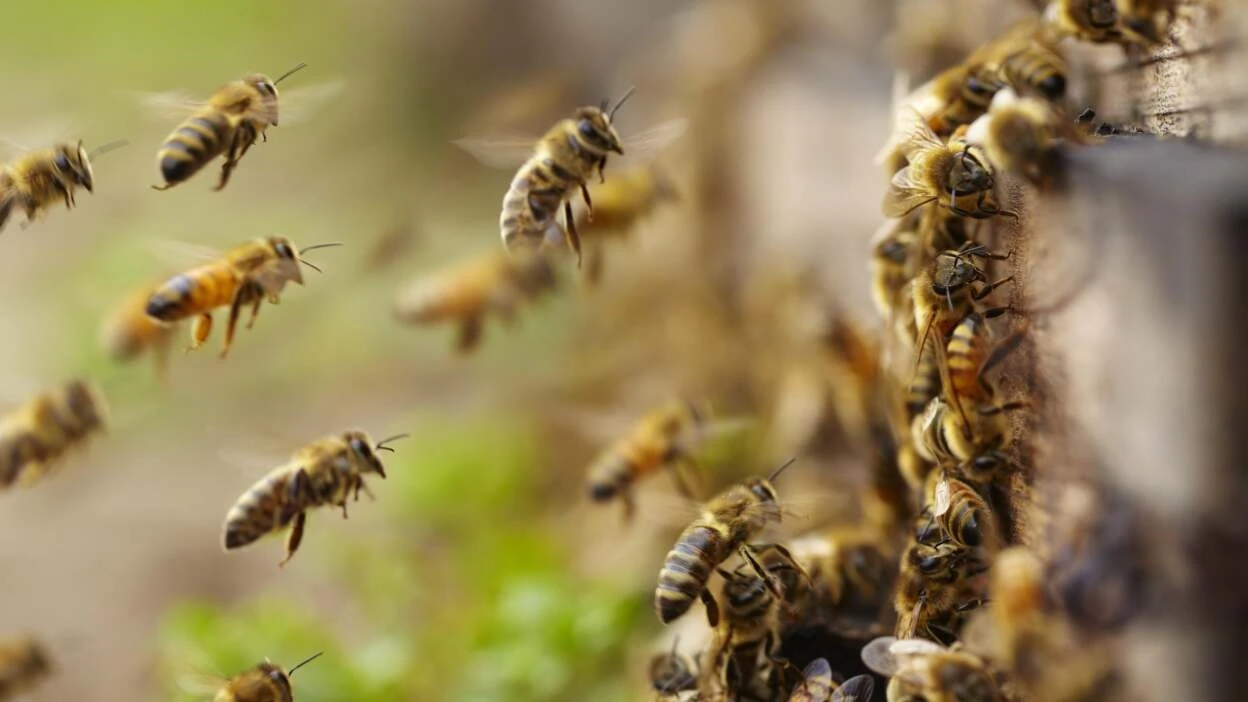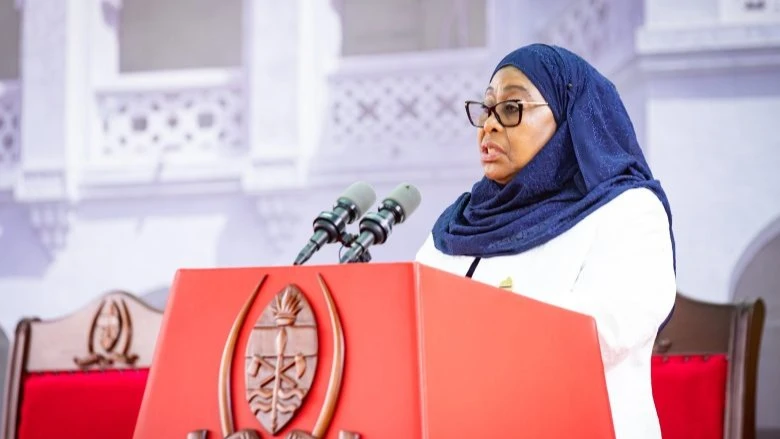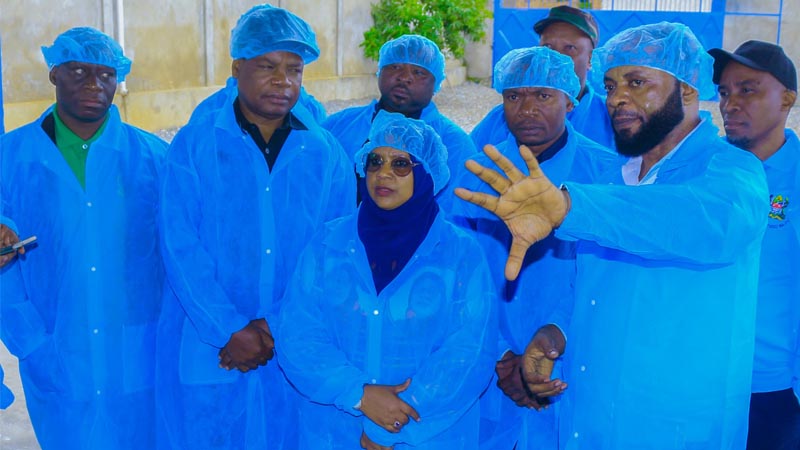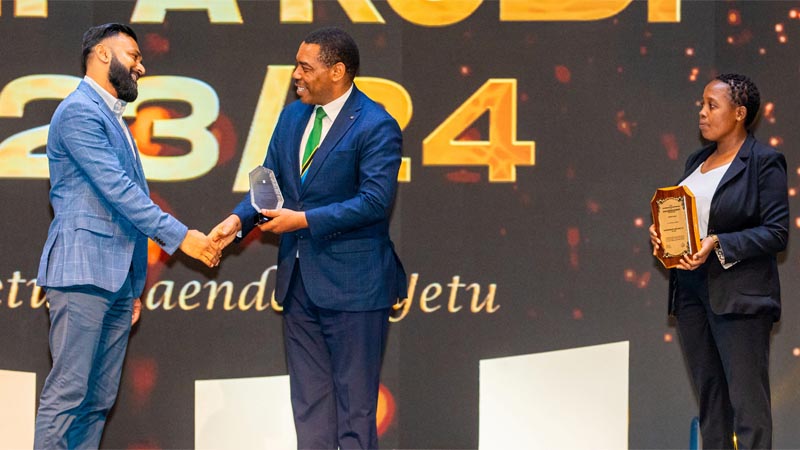Maasai communities turn to sunflower cultivation
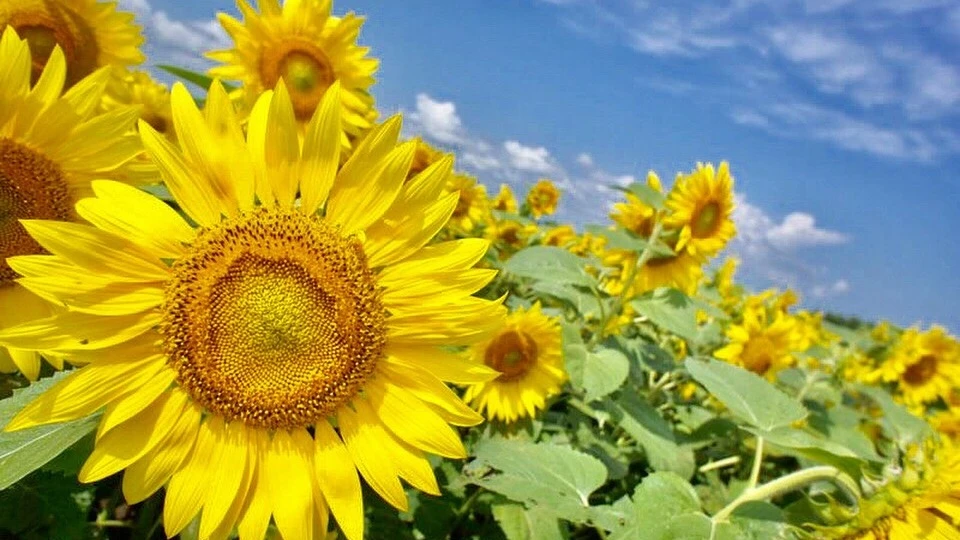
THE implementation of the “Land for Life” project in Longido District, Arusha Region, has begun to show positive results, with the majority of Maasai communities now turning to modern sunflower farming as a sustainable alternative to poaching.
The initiative, led by the World Wildlife Fund (WWF), is focused on educating Maasai pastoralists about alternative income-generating activities, particularly sunflower farming, alongside conservation efforts in areas bordering wildlife corridors.
WWF has been providing training to the Maasai communities in Longido, teaching them how to grow sunflower crops, which are less vulnerable to wildlife interference compared to traditional crops such as maize and beans. The shift in agricultural practices has led to a reduction in the need for poaching and destructive environmental activities, such as deforestation and charcoal burning.
Reguli Marandu, the project manager for "Land for Life," explained that the initiative aims to create a balance between sustainable farming and wildlife conservation.
“The goal is to provide a viable economic alternative that reduces poaching and environmental degradation while enhancing the livelihoods of the Maasai communities,” he said.
Farmers in the region, such as Alex Sanka from Mairowa, have expressed how sunflower farming has provided a more secure income.
“Sunflower farming has changed my life,” Sanka said. “The elephants do not disturb the crops, and I am able to harvest every three months, which provides a steady income.”
The project not only addresses the immediate issue of poaching but also improves food security and promotes sustainable agricultural practices.
Neema Stamagunda, the agriculture officer for Mairowa, highlighted the broader benefits of the project.
“Sunflower farming has created new job opportunities and increased food security. The local production of cooking oil also reduces our dependency on imported products,” she said.
With the opening of the African Continental Free Trade Area (AfCFTA), the Maasai community is now poised to tap into regional and international markets, further strengthening their economic position and contributing to both conservation and economic development.
She said the project stands as a successful example of how community engagement and alternative livelihoods can support environmental protection while improving the well-being of local populations.
Top Headlines
© 2025 IPPMEDIA.COM. ALL RIGHTS RESERVED








